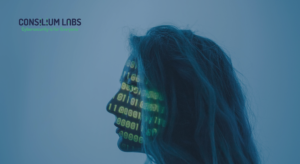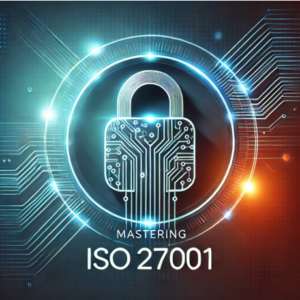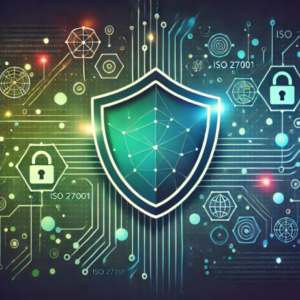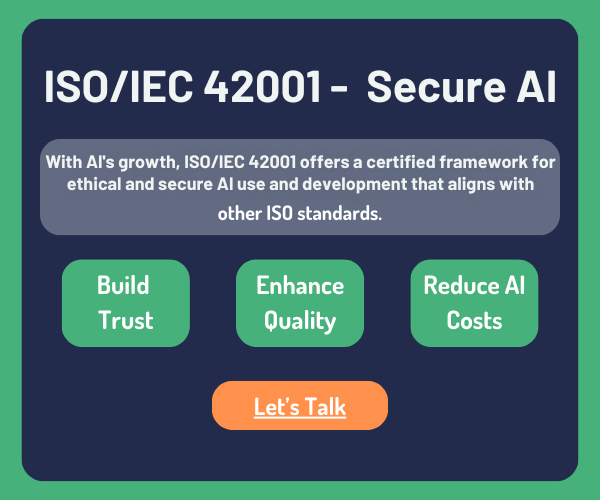In this article
ISO 27001 for SaaS: How to Build Enterprise Trust Through Security Compliance
- Elad Motola
Discover What’s Ahead in Compliance, Governance, and Cyber Risk Management
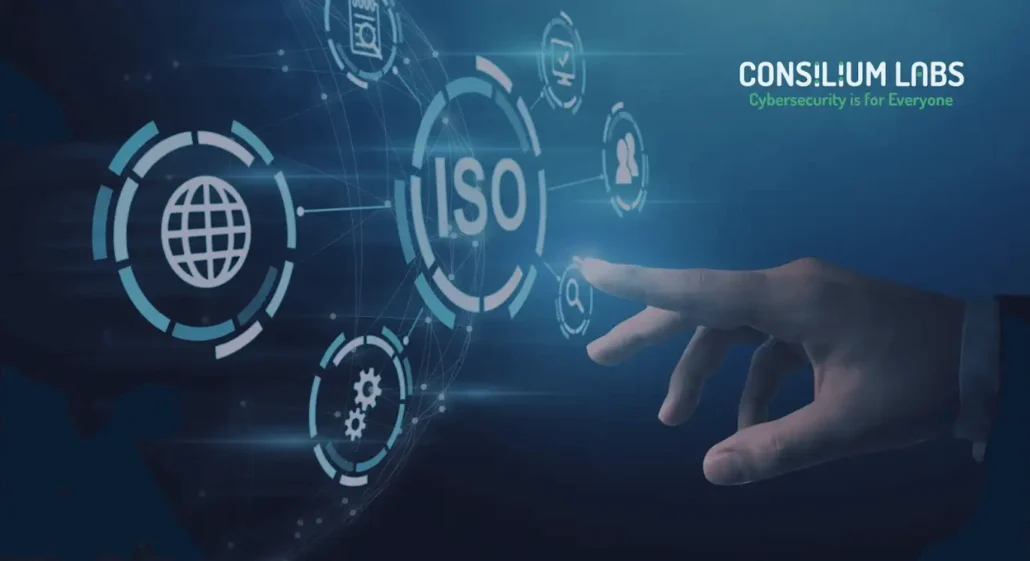
Introduction
In a landscape where SaaS providers compete on reliability, regulatory alignment, and protection of customer data, ISO 27001 has emerged as a global trust badge. For scaling tech companies, it’s not just a framework — it’s a strategic differentiator. ISO 27001 unlocks enterprise deals, accelerates compliance with regulatory requirements, safeguards intellectual property, and instills confidence across investors, partners, and prospects (International Organization for Standardization [ISO], 2022).
If you’re a B2B SaaS platform aiming to move upmarket or expand globally, ISO 27001 isn’t optional — it’s foundational.
What Is ISO 27001?
ISO 27001 is the international gold standard for establishing, implementing, maintaining, and continually improving an information security management system (ISMS). It provides a structured, risk-based framework for identifying, mitigating, and monitoring information security threats (ISO, 2022).
At its core, ISO 27001 helps you answer these questions:
- What sensitive information do we store, process, or transmit?
- What are the risks to that data?
- How can we manage and continuously reduce those risks?
Core Components of ISO 27001:2022
- Clause 4 – Context of the Organization: Determine internal and external issues, stakeholders, and the scope of the ISMS
- Clause 5 – Leadership: Assign responsibility, communicate the policy, and ensure top-level accountability
- Clause 6 – Planning: Risk assessment methodology, risk treatment plans, and measurable security objectives
- Clause 8 – Operation: Day-to-day control implementation, vendor security, and secure development practices
- Annex A: 93 control objectives grouped into four themes: organizational, people, physical, and technological
This level of structure helps SaaS companies formalize processes like employee onboarding, vendor reviews, encryption, access control, and incident response — which are essential for trust at scale.
Why SaaS Companies Often Struggle with ISO 27001
While powerful, ISO 27001 isn’t plug-and-play. These are common roadblocks for SaaS teams:
- Overcomplication: Attempting to implement every control all at once, without prioritizing high-risk areas, leads to resource drain and audit fatigue.
- Tool Overload: Using too many isolated systems (e.g., separate tools for logging, risk management, and evidence collection) results in data silos and redundant work.
- Reactive Mentality: Teams approach ISO 27001 only when clients demand it, rushing implementation without full business alignment.
According to ENISA (2021), lack of alignment between technical controls and business context is one of the leading reasons why security frameworks fail to deliver value.
Why Is ISO 27001 Important?
In today’s world, cybersecurity and Infosec (Information Security) are crucial. ISO 27001 helps organizations minimize the risk of data breaches, comply with regulations, and build trust with customers. The standard focuses on both preventing risks and improving your systems over time.
Key Control Examples
ISO 42001 isn’t just for AI giants—it’s for any organization that wants to lead with trust, reduce algorithmic risk, and future-proof their AI strategies. If your company develops, deploys, or relies on AI, this standard is quickly becoming essential—not optional.
- AI Governance Structure (A.4.2): Assign leadership roles and formal oversight bodies
- Risk Mitigation (A.5.4): Conduct targeted risk assessments for each AI application
- Human Intervention (A.6.1): Ensure systems can be paused, adjusted, or overridden
- Data Provenance (A.7.3): Document data sources and align with privacy laws
Monitoring & Logging (A.8.5): Track AI behavior post-deployment for audit and review
AI brings new challenges that ISO 27001 or SOC 2 don’t fully cover. ISO 42001 addresses:
- Model Drift: Ensures AI performance is monitored as data evolves
- Opaque Outputs: Mandates documentation for black-box systems
- Real-World Harm: Forces impact assessments before deployment
ISO 42001 aligns with frameworks like the NIST AI RMF and supports interoperability with future AI regulations
Where These Standards Overlap
Though their scopes differ, both ISO 27001 and ISO 42001 require:
Structured Risk Management
Each standard demands the identification and mitigation of relevant threats—cybersecurity or AI-specific.
Policy, Procedures, and Documentation
Robust documentation, version control, and audit readiness are essential in both standards.
Leadership Commitment
Top-level management must ensure resource allocation, internal accountability, and continuous improvement.
Framework Integration
ISO 42001 and ISO 27001 can work in parallel, offering a unified governance approach for high-stakes digital environments.
Real-World Example: How ISO 27001 Helped a SaaS Company Scale
A fintech SaaS client of Consilium Labs targeting the EU banking sector needed a trust framework that would pass procurement with top-tier banks. Within six months of completing their ISO 27001 readiness journey followed by Consilium Labs’ external audit support, they:
- Reduced RFP response time by 60%
- Accelerated their due diligence cycle by 3x
- Landed two multi-year enterprise contracts they were previously disqualified from due to missing compliance
That’s the power of structured trust.
Why It Matters
Annex A brings clarity and accountability to AI systems that often operate in black-box environments. It prepares your company for:
✅ Regulatory readiness
✅ Enterprise procurement
✅ Stakeholder confidence
✅ Ethical and operational resilience
How Consilium Labs Accelerates ISO 27001 Readiness
We don’t do checkbox compliance. We audit and advise systems that scale.
Consilium Labs applies a streamlined, audit-focused readiness model:
- Assessment: Rapid maturity evaluation + stakeholder alignment
- Review: Tailored risk treatment plan evaluations, policy feedback, and control mapping
- Evidence & Alignment: Evidence review, log evaluation, and readiness validation using modern tools
- Audit Support: Gap assessments, readiness audits, and external certification coordination
Our unique advantage: SLAs on delivery and platform-agnostic methodology — so your security stack stays lean and extensible.
📩 Is your SaaS product ready to meet enterprise procurement standards? Schedule an ISO 27001 gap assessment with Consilium Labs today. Let’s fast-track your trust journey.
Other Articles
Let's get in touch
Start your audit now. Achieving cybersecurity audit can be complex. We have made it our mission to simplify the process, giving you access to the professional expertise you need to prepare your company for the future. Get in touch with us today!


